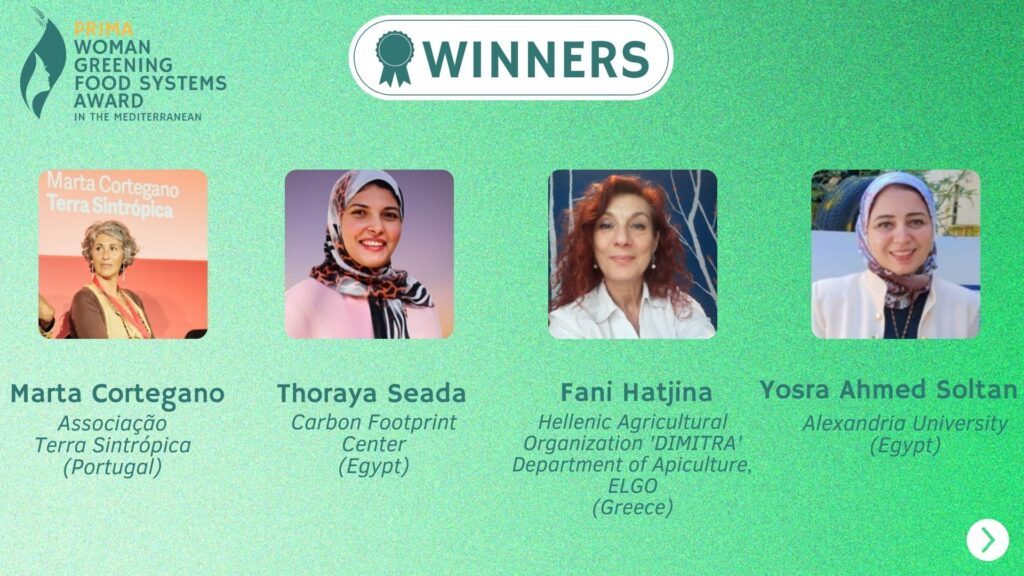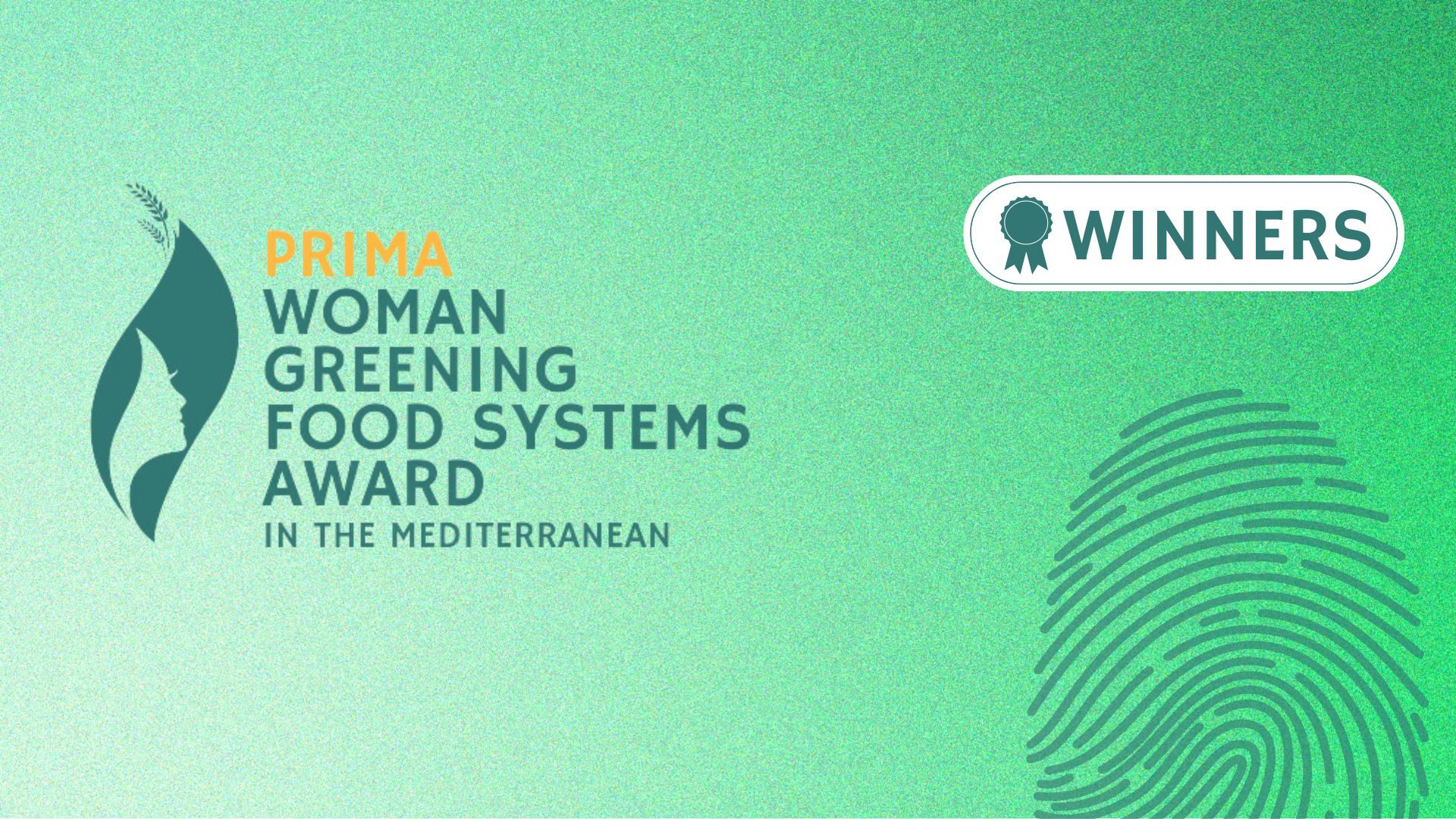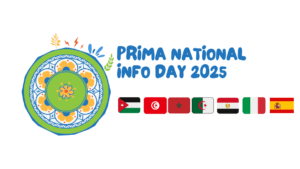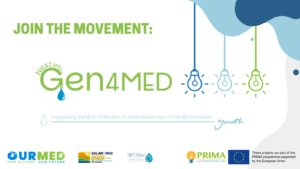January 2025| Good news to start the year 2025! It is now time to unveil the winners of its First Woman Greening Food Systems Award!
Four remarkable women are being celebrated for their work in transforming our food systems.
From Portugal to Egypt and to Greece, these Mediterranean leaders are tackling some of our biggest challenges, from climate change to bee conservation, from sustainable farming to carbon reduction.
Now it’s time to unveil the 4 winners!
- Marta Cortegano, Associação Terra Sintrópica (Portugal) – presenting: BLOOM, Building Lives of Optimism and Opportunities for Women in the Semi-arid through Regeneration
- Thoraya Seada, Carbon Footprint Center (Egypt) – presentation of: HU Egyptian Women green food
- Fani Hatjina, Hellenic Agricultural Organization ‘DIMITRA’ Department of Apiculture, ELGO (Greece) with the following presentation : SafeAgroBee, Safeguarding agroecosystem resilience under climate change through efficient pollination and sustainable beekeeping
- Yosra Ahmed Soltan, Alexandria University (Egypt), presenting: MLGHG, Mitigating livestock greenhouse gas emissions: innovations and impacts

Let’s meet the inspiring winners changing the game in food systems:
Marta Cortegano (Portugal): fighting desertification through community power
Forestry Engineer Marta Cortegano, co-founder of Terra Sintrópica association, has been recognized for her project “BLOOM – Building Lives of Optimism and Opportunities for Women in the Semi-arid through Regeneration.” Working in Mértola, Portugal, one of Europe’s most sparsely populated regions, Marta Cortegano leads initiatives to combat desertification and land abandonment. Her project implements collaborative governance models that foster community capacity-building and agroecological transition, creating positive impacts across social, natural, and financial dimensions. Marta and her team seek a community process with care as its core value. Caring for the soil, the people, and the future, assuming sustainability of the agrifood system as the matrix of the territory’s biophysical and socioeconomic regeneration.
Dr. Thoraya Seada (Egypt): revolutionizing carbon markets for small farmers
As director of the Carbon Footprint Center at Heliopolis University for Sustainable Development, Dr. Seada received the award for her project “HU Egyptian Women Green Food.” Her leadership has been instrumental in developing whole-system carbon credit projects within the Economy of Love (EoL) framework, particularly benefiting small-holder farmers. Over the years Mrs. Thoraya has built a dedicated team of young women to work on whole system carbon credit projects within the EOL. The initiative has successfully integrated 5,000 smallholder farmers into the global Voluntary Carbon Market, significantly improving their annual income.
Dr. Fani Hatjina (Greece): Securing the Future of Mediterranean Pollinators
Biologist and bee expert Dr. Hatjina, from the Hellenic Agricultural Organization ‘DIMITRA’, was awarded for her “SafeAgroBee” project (funded by PRIMA). This initiative focuses on safeguarding agroecosystem resilience through efficient pollination and sustainable beekeeping. The project develops innovative monitoring tools and precision apiculture systems while investigating the adaptability of local honey bee populations under climate change conditions. The project also pioneers a unique Citizen Science approach, engaging local communities and stakeholders in bee conservation while developing a novel Health Status Index to predict bee colony productivity and pollination service efficiency.
Prof. Yosra Ahmed Soltan (Egypt): Reducing livestock emissions while increasing production
Professor of Animal Nutrition at Alexandria University, Prof. Soltan was recognized for her project “Mitigating Livestock Greenhouse Gas Emissions: Innovations and Impacts” (MLGHG). Her team has developed natural solutions to reduce methane emissions from livestock, including modified clays that cut methane production by up to 60% and biochar supplements that reduce emissions by 20% while increasing milk yield by 12%. These innovations particularly benefit women smallholder farmers by enabling safer and more productive livestock management.
—–
These winners represent the fundamental role women play in developing sustainable solutions for food systems in the Mediterranean region, from soil regeneration and reduction of carbon footprint to livestock emission management and the conservation of bees illustrating the many angles from which resilient food systems of the future must be built.




